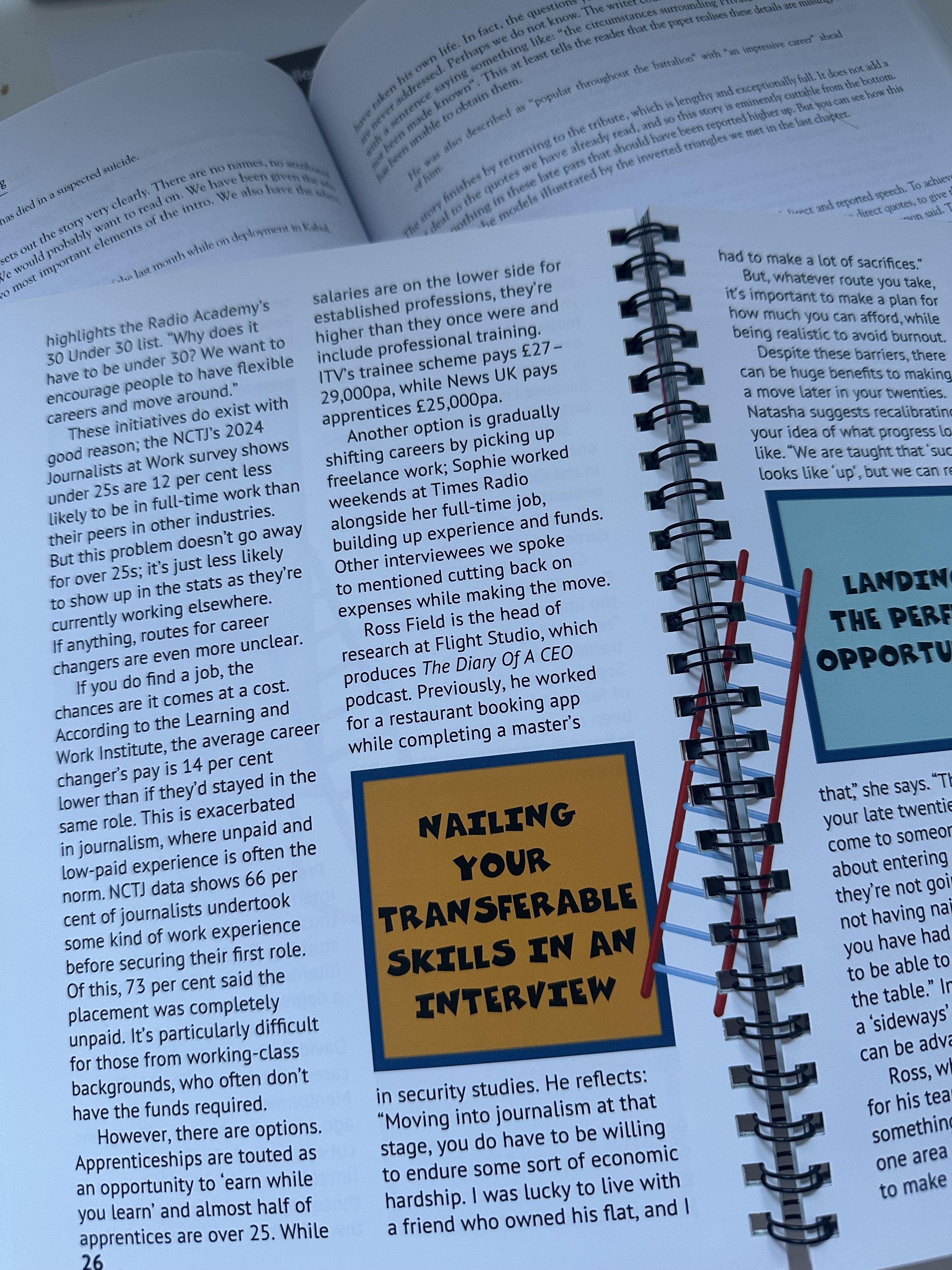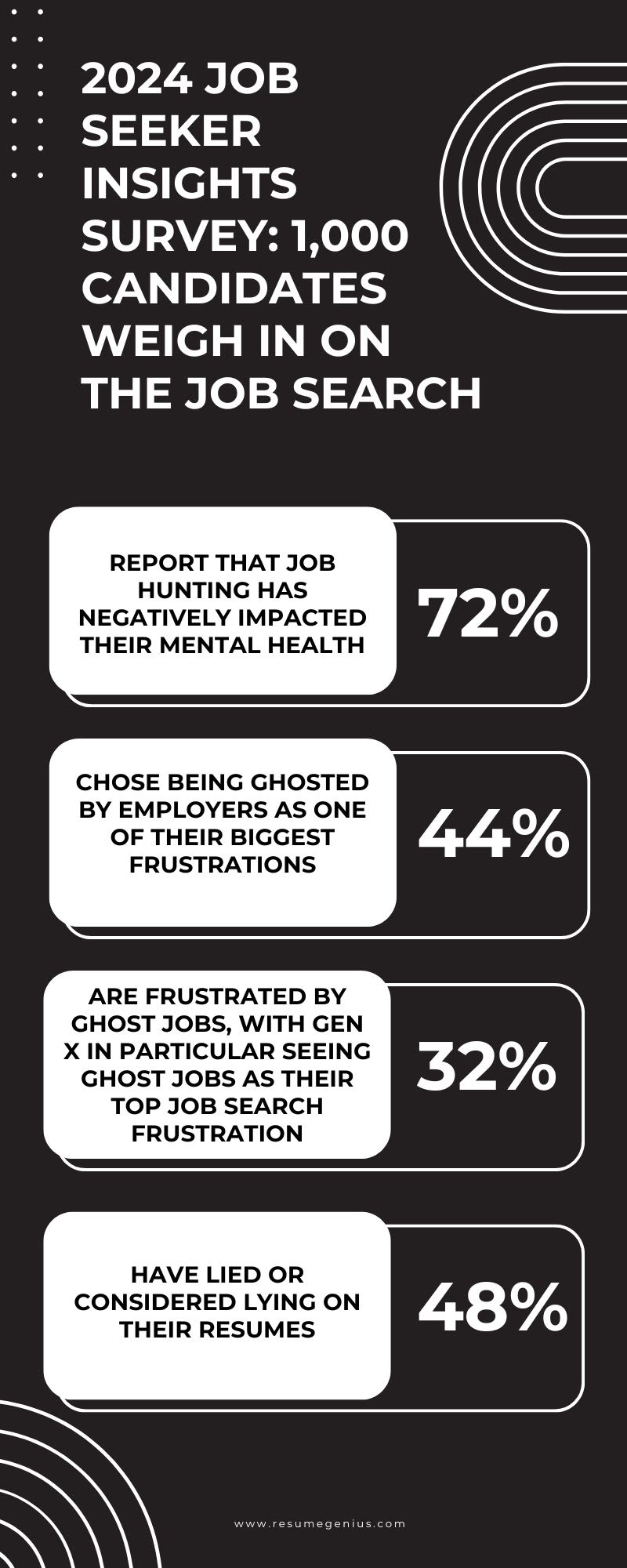The Graduate Job Hunt:
Is it really as hard to get a job as graduates say?

Disheartening, depressing and futile are the words being used by some to describe the experience of graduates searching for employment.
Unemployment often dominates the news with an increasing focus on graduates, and with Universities UK reporting more than 2 million people enrolled in an undergraduate degree in the UK, this may not come as a surprise.
According to the Department for Education, more than 30% of graduates are not working in high-skilled employment.
High-skilled employment is defined as managers, professionals, technicians or associate professionals.
Unskilled employment is generally defined as work which does not require specialised training, formal education or significant experience.
Many graduates have taken up unskilled work in areas such as retail or hospitality, which do not reflect the skill set obtained by their degree.
Work and pensions secretary Liz Kendall recently announced a £45million scheme to offer targeted support to 18-21 year olds to upskill, earn or learn.
The Youth Guarantee scheme, which has officially launched in Liverpool, one of eight areas to receive £5 million investment, aims to match young people with job or training opportunities.
I'm backing Britain’s young people.
— Keir Starmer (@Keir_Starmer) May 13, 2025
We're charging employers more to recruit from overseas and, if they do, they must prove they are investing in British workers and increasing British skills.
That's the fair and right thing to do.
With PM Keir Starmer ‘Backing Britain’s Young people’, what do graduates have to say about the job market, and why are so many struggling?
The over-qualification of the job market
Recent data from the OECD has revealed that England has the highest proportion of over-qualified workers out of the European countries surveyed.
Nearly four in 10 workers in England are over-qualified for their job, meaning that their highest educational qualification exceeds what is typically required for the role.
There are concerns that an overqualified employee may experience low job satisfaction due to possessing skills, knowledge, and abilities which are not acknowledged in their current job.
Graduates appear to be struggling with over-qualification and low job satisfaction.
Eesha Mistry, 23, has struggled to break into the job market despite having a 2:1 degree in visual effects for film and TV from Arts University Bournemouth.
Eesha is not alone in her experience of the graduate job market.
Job vacancies are at their lowest in four years, and the BBC reported that qualified graduates are sometimes turned down by supermarkets.
Georgia Wishart, 25, who has an undergraduate and master's degree in environmental sciences, explained how she chose a degree with an integrated master's and placement year to make herself as employable as possible, but has still struggled in the postgraduate job market.
She said: “Post-university, I have realised that it’s maybe not been as beneficial as I would have thought at age 18 going into university.”
What are those on the other side saying?

From LinkedIn to Indeed and Total Jobs, there is an abundance of websites which offer advice, networking, and collate job opportunities.
Sam Hornsby, co-founder of ERIC, a free-to-use creative careers app aimed at helping young people get into creative employment, explained that they have seen a significant decline in the number of graduate jobs but a small rise in the number of training schemes.
However, there are not nearly enough training schemes to cater for the number of applicants.
She said the low number of training schemes and apprenticeships available is reflective of the number of companies that are willing to train a young person.
She added the increasing number of people going to university and the idea that everyone needs to go to university has created an attitude that upon leaving, graduates should be completely ready for the workplace.
Hornsby said: “That is an unrealistic expectation.
“The training schemes are fantastic in the climate that we're in, but they're also reflective of an issue when it comes to the expectation of an employer."
Ruth Potter, 22, decided to retrain with an apprenticeship in marketing to supplement her degree after struggling to make the move into full-time salaried employment.
She said: “After graduating from university and applying to multiple different jobs in different sectors, it became quite disheartening because I'd get through to the second round of interviews and some of these businesses wouldn’t even have the decency to let me know that I hadn’t got the position.”
In a survey by Resume Genius, 44% of job seekers chose being ghosted as one of their biggest frustrations.
Ghosting is defined as an employer ceasing all contact with an applicant without explanation or notice.
For example, declining an applicant by just not responding to their application.
Hornsby said: “There is a chronic issue with ghosting.
“They go through these long application processes, and then they don't hear a single word about anything, and they have no idea if their application even got sent in. I think that is actually appalling behaviour from an employer's perspective because of the amount of automated emails we have at our fingertips…there really is no excuse to be ghosting someone.”
Sam’s advice for graduates is to try and make themselves stand out from the crowd, and unfortunately, a degree is not enough.
She recommends jobseekers to create a personal brand, make a splash on social media and try in-person networking and showing a clear enthusiasm for the industry to make yourself stand out in the sea of degrees.
One person who certainly made a splash on social media was Malini Sachmass, formerly known on TikTok as the unemployed grad.
Over her six months searching for a job, she gained over 20,000 followers on TikTok documenting her experience.
@malini.sm How many job applications did I actually do?? The unemployed grad numbers breakdown has arrived #graduate #unemployment #unemployed #jobsearch #student #university #unemployedgraduate
♬ Bossa Nova jazz that seems to fit in a cafe(1433079) - TAKANORI ONDA
Hornsby said: “Every industry tends to go through highs and lows of hiring, and I think we are clearly going through a low, but there is hope on the horizon.
“We have definitely seen some positive moves that the government are doing, they are putting money into trying to get young people into jobs.”
How does job hunting affect mental health?

An anonymous 2024 graduate described leaving university and entering the job market as ‘the humbling’.
They said: “The endless rejections or worse, companies ghosting you, destroys any confidence education might have instilled in you.
“It’s scandalous how employers treat applicants…their communication or lack thereof, is a genuine danger to mental health in this country.”
72% of job seekers report that job hunting has negatively impacted their mental health according to data collected by Resume Genius.

